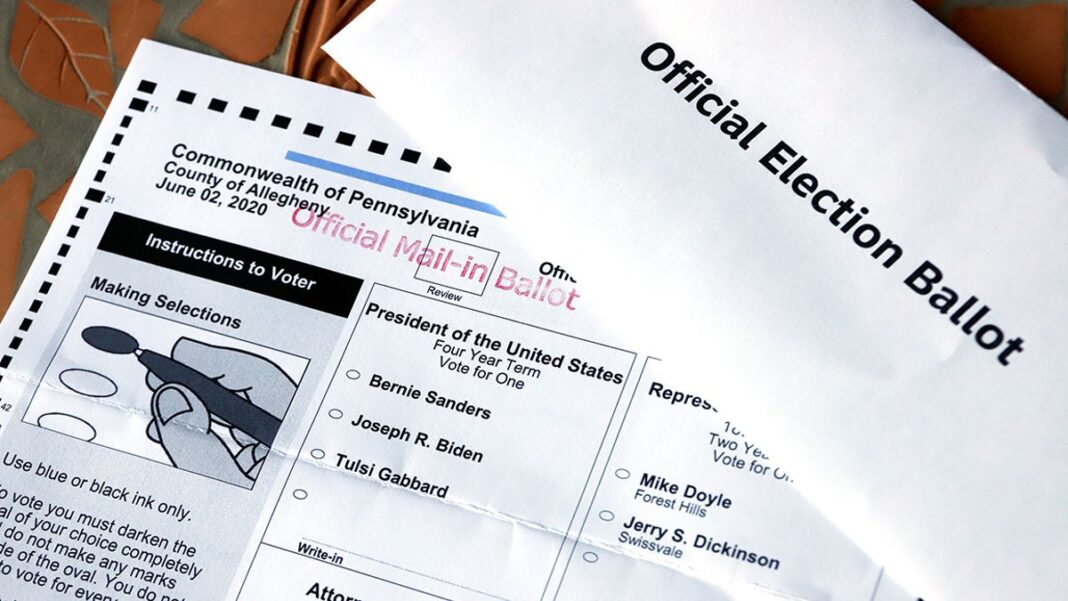
The first ecological study of mask mandates in U.S. states released by the University of Louisville finds mask mandates were not effective at slowing the spread of coronavirus (Covid-19), meaning they did not work. The results challenge the prevailing wisdom of pandemic policy that continues to dominate corporate media narrative and policy-makers.
Damian D. Guerra (Biology at University of Louisville) and Daniel J. Guerra (Biochemistry at VerEvMed, Clarkston) hypothesized that statewide mask mandates and mask use would be “associated with lower COVID-19 case growth rates” in the U.S. However, after calculating total COVID-19 case growth and mask use, the authors of the study entitled “Mask mandate and use efficacy in state-level COVID-19 containment” stated “case growth was not significantly different between mandate and non-mandate states at low or high transmission rates, and surges were equivocal.”
“Mask mandates and use are not associated with slower state-level COVID-19 spread during COVID-19 growth surges,” the study concluded. “Containment requires future research and implementation of existing efficacious strategies.”
Richard Baris, editor of data journalism at People’s Pundit Daily and host of Inside The Numbers With the People’s Pundit, reviewed similar data during an episode in April 2021 (Above Video). Using a similar but slightly different methodology than the authors of the study, he concluded the ineffectiveness of mask mandates was not limited to the U.S.
“There is no statistical correlation between mask mandates and a reduction in infections, or ‘slowing the spread’, which turned into ‘stopping the spread’, altogether,” Baris stated. “There isn’t a state or a nation that you can point to”, he added, citing myriad reasons why it is not statistically sound for proponents of mandates to use Japan as their “go-to” example.
By PPD Staff







